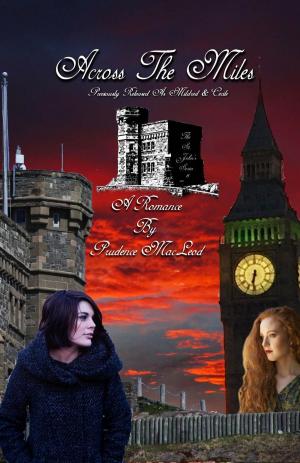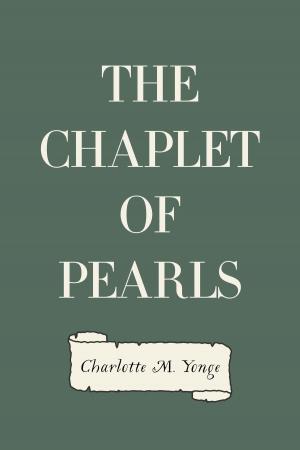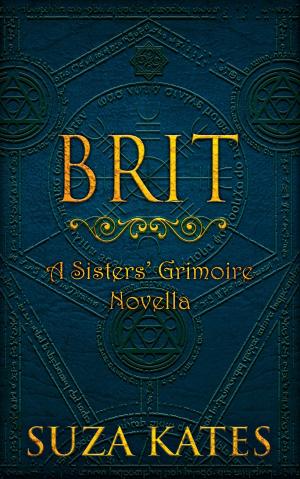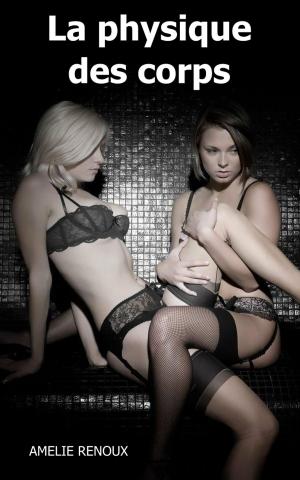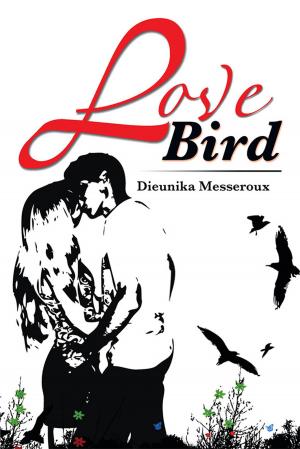| Author: | John Donne | ISBN: | 1230001033335 |
| Publisher: | @AnnieRoseBooks | Publication: | January 7, 2018 |
| Imprint: | Language: | English |
| Author: | John Donne |
| ISBN: | 1230001033335 |
| Publisher: | @AnnieRoseBooks |
| Publication: | January 7, 2018 |
| Imprint: | |
| Language: | English |
The present edition of Donne's poems grew out of my work as a teacher. In the spring of 1907, just after I had published a small volume on the literature of the early seventeenth century, I was lecturing to a class of Honours students on the 'Metaphysical poets'. They found Donne difficult alike to understand and to appreciate, and accordingly I undertook to read with them a selection from his poems with a view to elucidating difficult passages and illustrating the character of his 'metaphysics', the Scholastic and scientific doctrines which underlie his conceits. The only editions which we had at our disposal were the modern editions of Donne's poems by Grosart and Chambers, but I did not anticipate that this would present any obstacle to the task I had undertaken. About the same time the Master of Peterhouse asked me to undertake the chapter on Donne, as poet and prose-artist, for the Cambridge History of English Literature. The result was that though I had long been interested in Donne, and had given, while at work on the poetry of the seventeenth century, much thought to his poetry as a centre of interest and influence, I began to make a more minute study of the text of his poems than I had yet attempted.
The present edition of Donne's poems grew out of my work as a teacher. In the spring of 1907, just after I had published a small volume on the literature of the early seventeenth century, I was lecturing to a class of Honours students on the 'Metaphysical poets'. They found Donne difficult alike to understand and to appreciate, and accordingly I undertook to read with them a selection from his poems with a view to elucidating difficult passages and illustrating the character of his 'metaphysics', the Scholastic and scientific doctrines which underlie his conceits. The only editions which we had at our disposal were the modern editions of Donne's poems by Grosart and Chambers, but I did not anticipate that this would present any obstacle to the task I had undertaken. About the same time the Master of Peterhouse asked me to undertake the chapter on Donne, as poet and prose-artist, for the Cambridge History of English Literature. The result was that though I had long been interested in Donne, and had given, while at work on the poetry of the seventeenth century, much thought to his poetry as a centre of interest and influence, I began to make a more minute study of the text of his poems than I had yet attempted.







